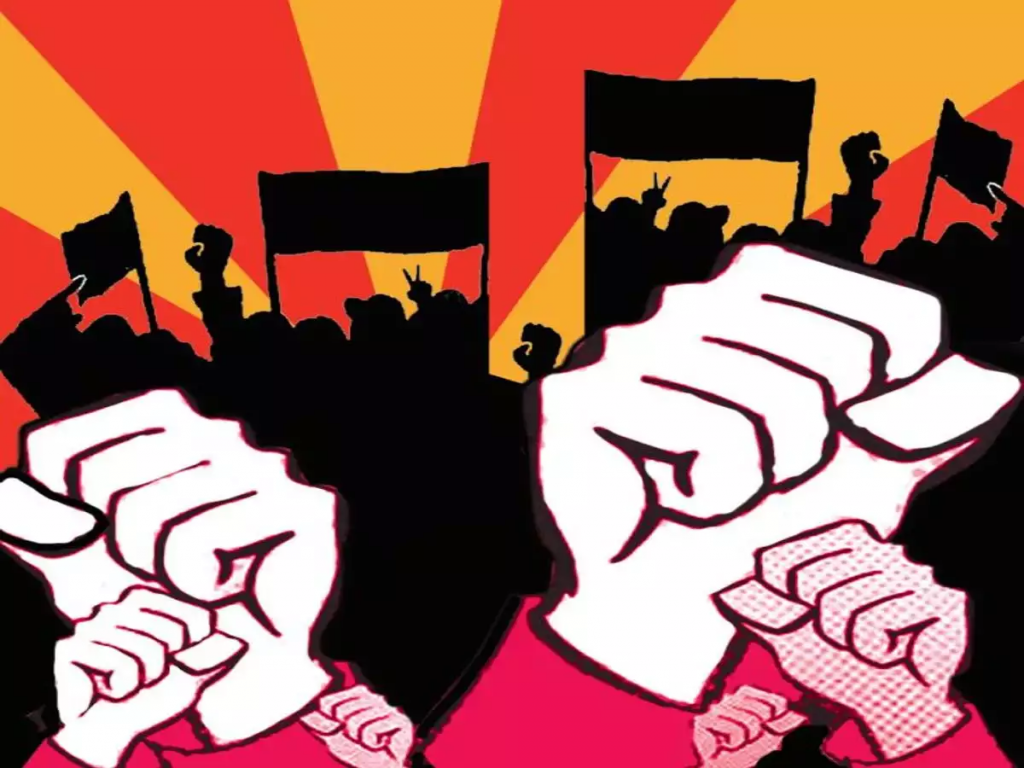Prof SN Misra
The government has promulgated two Ordinances by amending the CVC Act, 2003 and the SPE Act, 1946 which allows the Centre to extend the tenure of Enforcement Director and Director CBI from two years up to five years. The Opposition has termed it as a brazen move to subvert parliamentary discussion, as the Parliament session began November 29. As per Article 123 of the Constitution, Ordinances are to be promulgated when Parliament is not in session to deal with situations where immediate action is necessary. Ideally every issue should be deliberated upon by the members of the Parliament before they get converted into Acts and Ordinances should be the exception without a tendency to bypass parliamentary debates on important issues.
It may be recalled that in a judgement in October 2021 (Common Causes vs. SK Mishra) involving retrospective appointment to SK Mishra, the present ED, the Supreme Court had allowed the government to go ahead with a retrospective appointment with a caveat that the tenure of SK Mishra should not be extended beyond November 18 when his extended tenure runs out. Justice N Rao and Justice Gavai had also observed that extension of tenure to officers who have attained the age of superannuation should be done only in “rare and exceptional cases, like completion of ongoing investigation only after reasons are recorded by the committee under Section 25 A of CBC Act. Quite clearly the present Ordinance of the government would nullify the Supreme Court orders that November 18 is deadline for SK Mishra to remain as ED.
Y Azad, presently CIC, has observed that such extension will demoralise young talents and undermines autonomy and independence of statutory agencies like CBI. The proposed Ordinances are not meant to reform and streamline the functioning of independent investigative agencies but designed to favour particular individuals like SK Misra.
The Supreme Court has been seized of the matter of frequent Ordinance making by the Centre and the state governments under Article 213. In the famous DC Wadhwa Vs State of Bihar (1986) case the court had seriously frowned upon the frequent tendency of re-promulgating Ordinances to skip discussion in the House in Bihar. Justice PN Bhagawati has observed “the power to promulgate Ordinance is essentially a power to be used to meet an extra ordinary situation and it cannot be allowed to be perverted to serve political ends”. In another case involving KK Singh Vs state of Bihar (2017), the Supreme Court with 5-1 majority had observed that re-promulgation of Ordinance is fundamentally at odds within principle of parliamentary supremacy. Justice DY Chandrachud has further amplified the scope of judicial review by suggesting that the power of the Governor and the President to approve promulgation of Ordinance is subject to judicial review, as to whether the President or Governor was spurred by an oblique motive. These judgements carry resonance of Madbury Vs Madison Case (1830) where CJ Marshall sowed the seeds of judicial review and questioned executive overreach.
There is a perception that whichever party comes to power there is tendency to use investigating agencies like CBI, ED and Income Tax to settle political scores with political adversaries. CJI Lodha had observed in 2013 that the CBI has become “caged parrot” speaking in its Master’s voice. The latest move seems to indicate that the present government is feathering the nest of ED and Director CBI by dangling tenure extension. This has serious implication on the independence of agencies like ED and CBI. In our constitutional schemes, the Supreme Court, the C&G and Chief Election Commissioner are able to exercise their function as watchdog of democracy since they can be removed from office only through an impeachment procedure by both Houses of Parliament. It may be recalled that five judges were superseded in 1973 since the then PM felt that the judges were not toeing the party line and not committed to the ideology of the ruling dispensation. The superseded judges resigned as they felt committed to the rule of law rather than to the party in power. In 1976, the story of supersession of independent-minded judges was repeated when Justice HR Khanna was superseded as CJI since he had dared to give a dissenting judgement that Right to Life cannot be taken away during the Emergency period in the ADM Jabalpur Vs SP Sukla case. Justice Khanna is still remembered as the biggest defender of Right to Life and liberty which cannot be arbitrarily snuffed-out by any party in power. The Supreme Court has shown remarkable resilience by asserting its independence by striking down the 42nd Amendment which tried to make Parliament all powerful and nullify power judicial review annuity. The C&G in India has also been showing remarkable independence by commenting adversely on Coalgate and 2G scams.
Unfortunately, agencies like CBI and ED being statutory authorities do not have the Constitutional immunity that the judges, C&G and CEC enjoy. The processes are further muddied by planned civil servant would like to be complicit with the government in power. Fareed Zakaria in his book “The Future of Freedom” has observed that un-elected and independent institutions have contributed more to the growth of democracy than an elected representative. The wanton misuse of Ordinance making power, as the present case by giving five-year extension to ED and CBI, are reflective of the party in power to stultify parliamentary debate and favour committed bureaucrats who can toe the government’s diktat. Ideally such agencies should be made constitutional authority so that they can exercise their power “without fear, favour or ill will” as the judges swear when they take oath of office.
The writer is Dean, School of Management, KIIT Deemed to be University, Bhubaneswar. Views expressed are personal.
